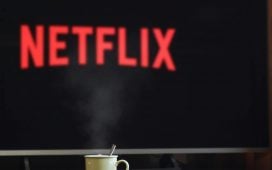By Souheil Arabi, group chief operating officer, BPG Group
The Holy Month of Ramadan is almost upon us. Families across the region and across the world are busy preparing for a month of praying, fasting, feasting and festivity – and so are marketers, adding frenzied finishing touches to their ad campaigns and blockbuster promotions.
Time to sharpen your marketing strategies? Hear from leading experts as they discuss a range of tactics from brand safety to customer segmentation to CTV advertising. Business leaders from brands, agencies and tech firms will all be taking part. Click here to book your seat.
But in the rush to grab a slice of the massive Ramadan spending surge, many marketing managers and business directors lose sight of a fundamental tenet,









